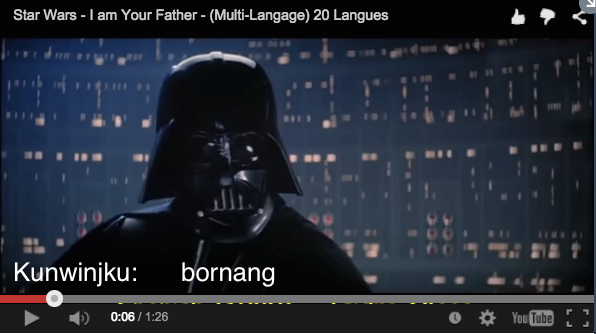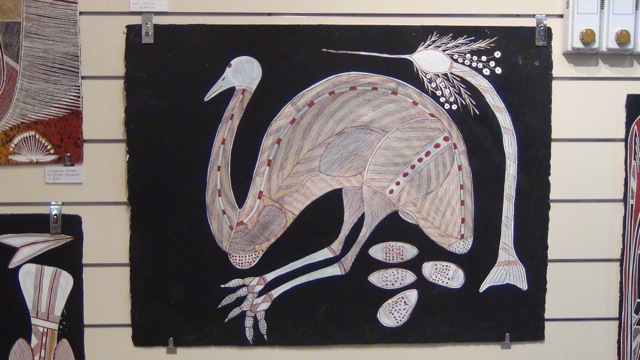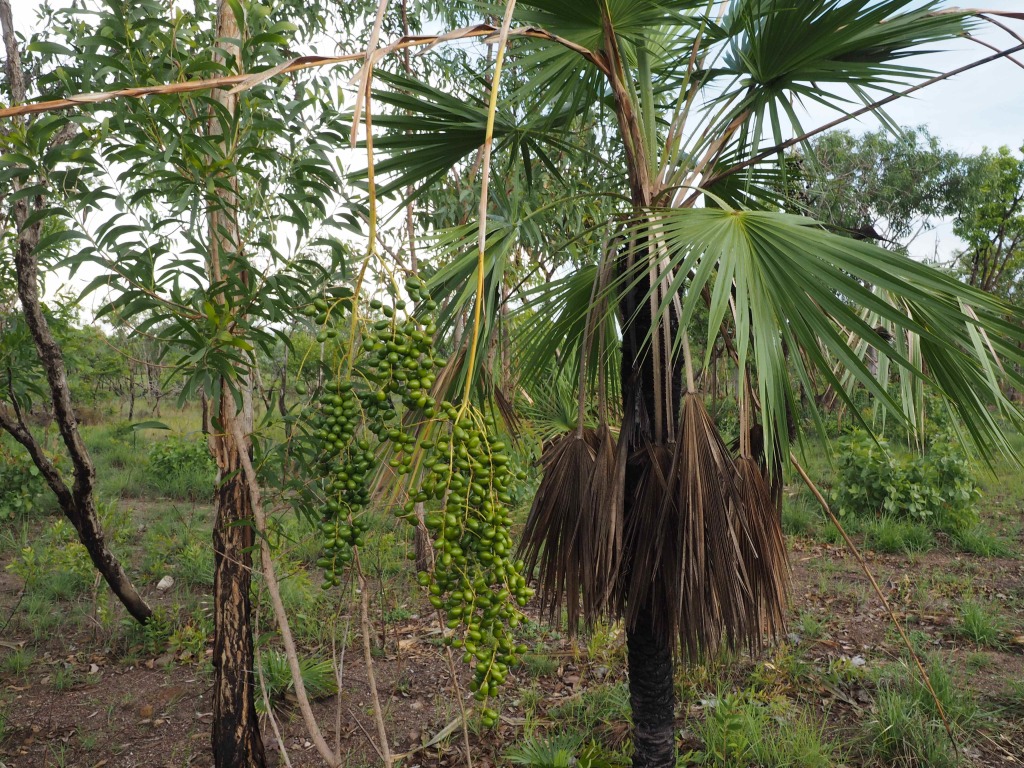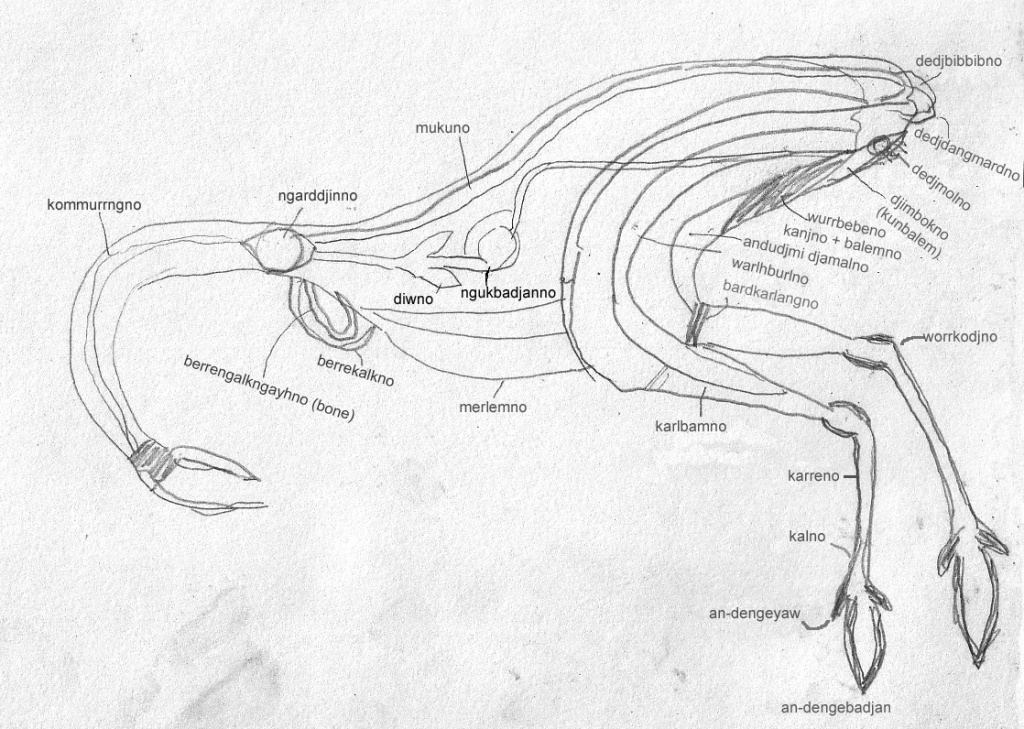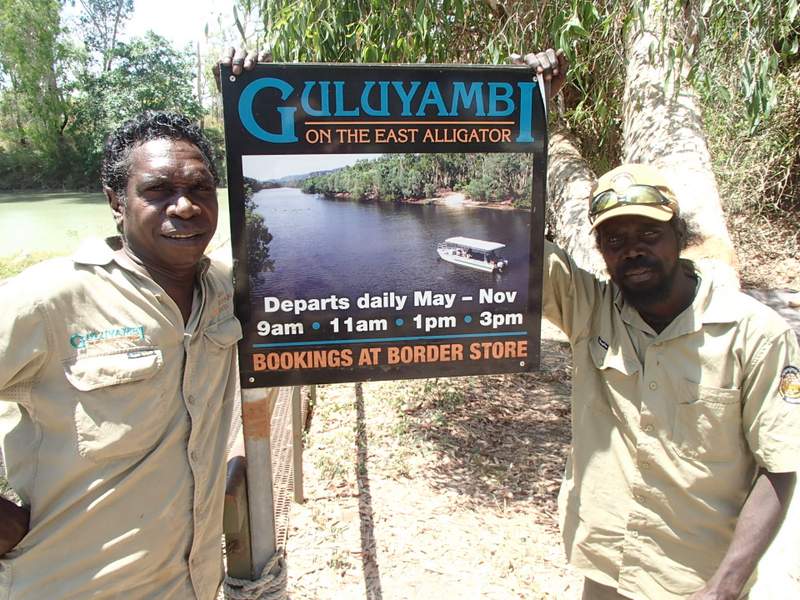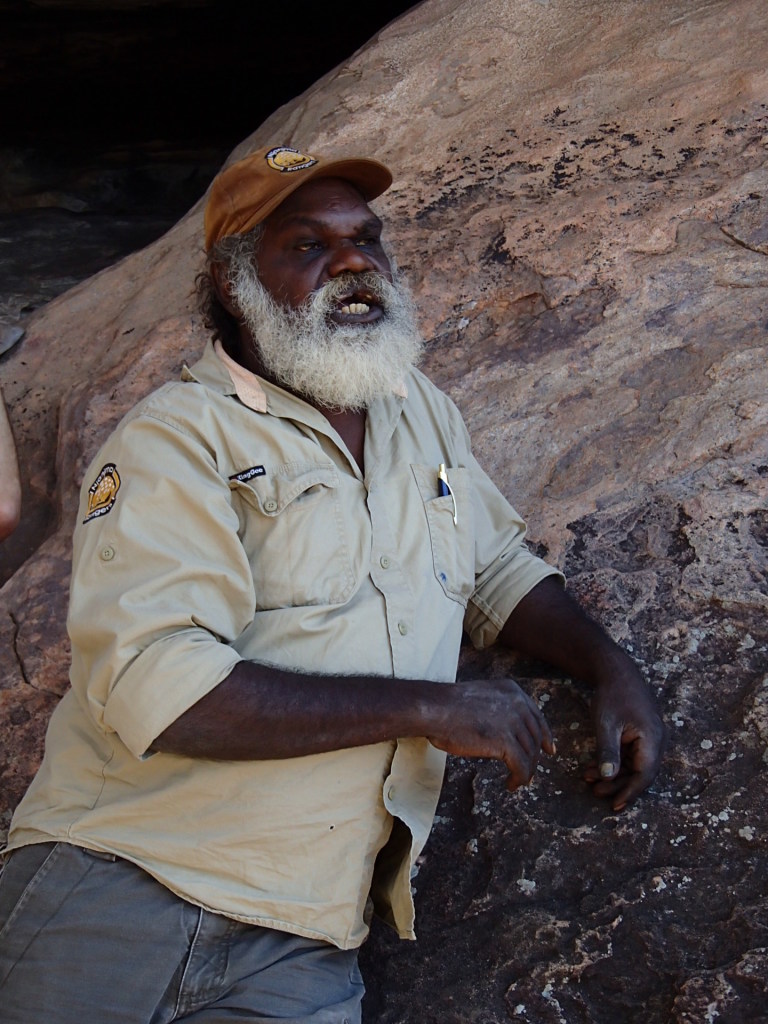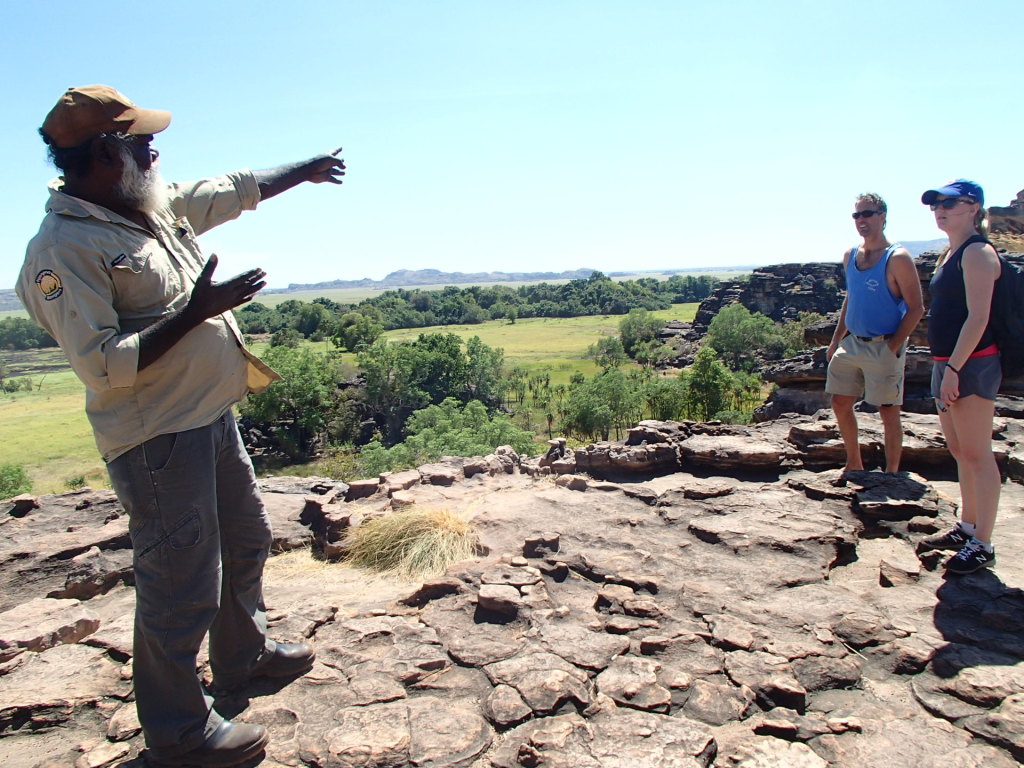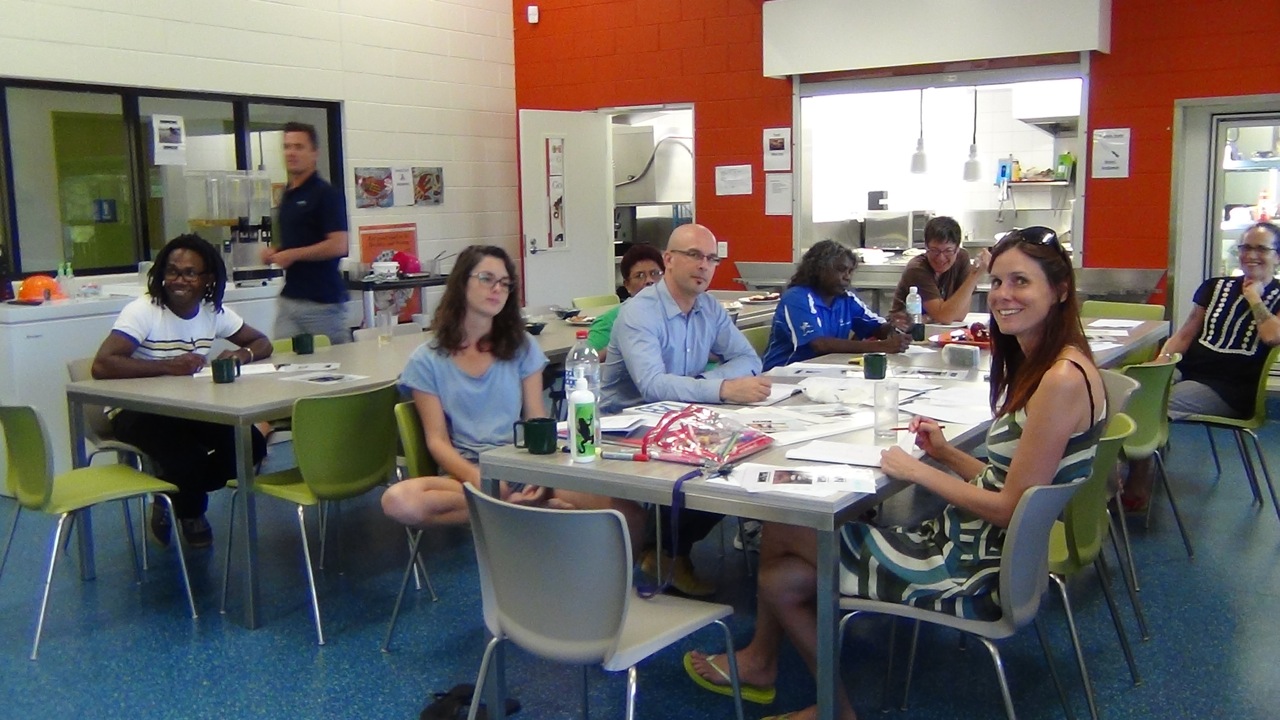Darth Vader ka-wokdi Kunwinjku!
See here for more discussion about the pronouns in other languages:
http://allthingslinguistic.com/post/118149053875/i-am-your-father-in-20-different-languages
Bornang! 'I am your father'
In Kunwinjku you just say it in one word bornang ‘I am your father’ (literally: 'I>you fathered'). The subject and object marking is by zero prefix (i.e. nothing) ‘first singular acting on second singular’ on the kinship verb -bornan ‘to father OBJECT’. In past perfective you change the final alveolar nasal to a velar ø-borna-ng ‘I>you father PP’. In light of the above discussion about pragmatics (follow the link above) however, you could add the free standing first person pronoun ngaye for emphasis so that ngaye bornang “Me, I fathered you”.
nga-bornang 'I fathered him/her' > I am his/her father
ngan-bornang 'he fathered me' > he is my father
ngun-bornang 'he fathered you' > he is your father
yi-bornang 'you fathered him/her' > you are his/her father
kan-bornang 'you fathered me' > you are my father
bornang 'I fathered you.' > I am your father
But a woman can also use this verb to talk about the children of her brothers because she too as father's sister 'fathered them'.
bonj
that is all
